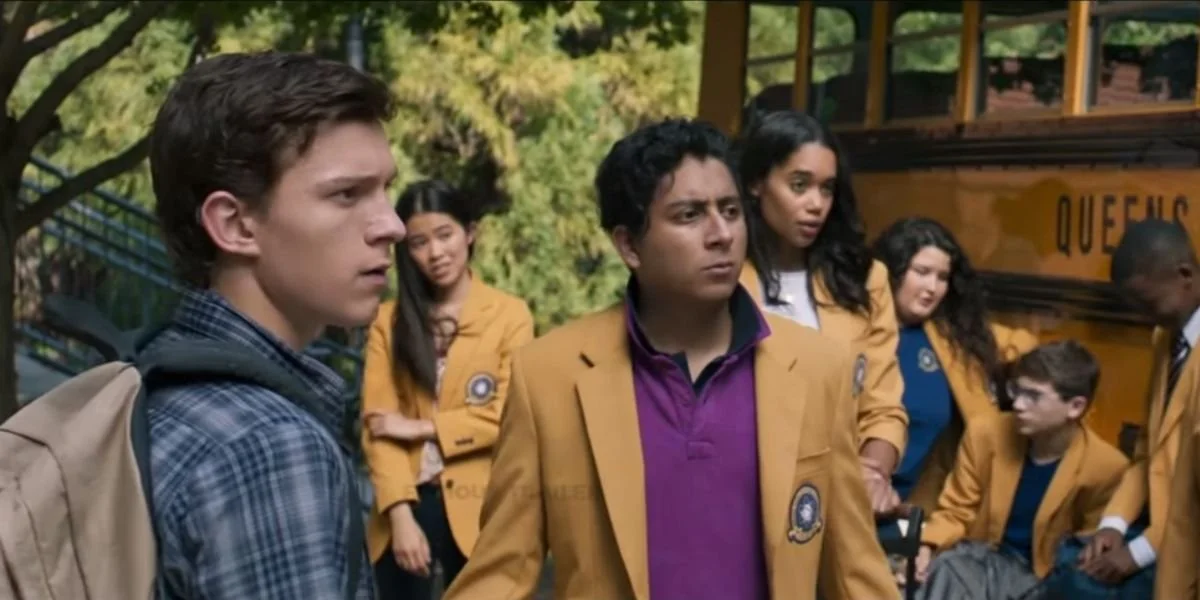The Turkish audiovisual industry doesn’t just export soap operas, despite being the most popular products. Just when it comes to cinema, the Ottoman country has shown an authorial vision that has led it to have a significant presence in festivals, with figures like Nuri Bilge Ceylan becoming one of the most renowned directors in Turkey. For his second feature film, his compatriot Ferit Karahan highlights the education system for the Kurds in “My Best Friend”, which could be seen in the Panorama section of the 71st Berlin Film Festival.

Karahan prepares a feature film with the spirit of European social cinema, moreover, the way it interprets the story set in a boarding school for Kurds located in the freezing areas of eastern Anatolia they recall the way of shooting the Romanian Cristian Mungiu or the Pole Tomasz Wasilewski. The school becomes a sort of metaphor for a totalitarian society, which bases its power in the culture of repression and fear. The film also points out that they are students of the Kurdish minority, which further deepens the feeling of repression left by the film.
Although the social drama is combined with a typical performance of suspense cinema, as the plot begins when little Yusuf notices that his best friend, Memo, is seriously ill and takes him to an infirmary where they can only administer the aspirin. Taking advantage of the premise, Karahan, who co-signs the script with screenwriter Gülistan Acet, plays a system that is both authoritarian and corrupt, in which boys are given slaps and inhuman punishments to keep them at bay., while adults are portrayed with dependent abilities; as a manager capable of including in the school budget the change of tires of his car or a series of teachers whose work is repeatedly neglected. Also, at different times, the school feels more like a prison.

Powerful social drama about repression in educational institutions and the Kurdish reality
The director shows the flaws of a system which, by basing its strength on fear, creates a sort of Big Brother, in which the students themselves betray themselves, compromising the bonds of friendship. One example is Memo’s disease, in which adults can be seen blaming each other until they reach the students, making it clear that the institution will not, in any case, be accused of lack of responsibility.

In between, a story that grows thanks to an austere execution, which bases its strength on sequential shots and close-upsparticularly highlighting her child protagonist, Samet Yildiz, who conveys her character’s angst, loyalty issues and guilt. The young performer surprises with a splendid performance, along the lines of other young talents such as Yannick Kalombo in ‘The Kitchen Brigade’, Zain Al Rafeea in ‘Cafarnaum’ or Maya Vanderbeque in ‘A Small World’. A mention also goes to Ekin Koç, a star of the Turkish television industry, who stands out in this drama as the first teacher to notice that Memo’s disease may be more serious than it appears.
‘My best friend’ denounces the reality of Kurdish minority children in schools who, in an authoritarian system, try to hide their serious shortcomings and abandonment of the government. Secondly, It also serves as a metaphor for a society ruled by a totalitarian regime in which students could reflect on how Turkey has become authoritarian over the past few decades. Karahan is postulated as a social and critical response to Ottoman cinema with a proposal that follows in the footsteps of his first film, ‘The Fall from Heaven’, in which he has already exposed the seams of a society that is still torn between his Western and oriental.
Note: 8
The best: As a thriller is becoming, the sequences of Yusuf tour the school.
Worse: Its difficult distribution in cinemas.
Source: E Cartelera




